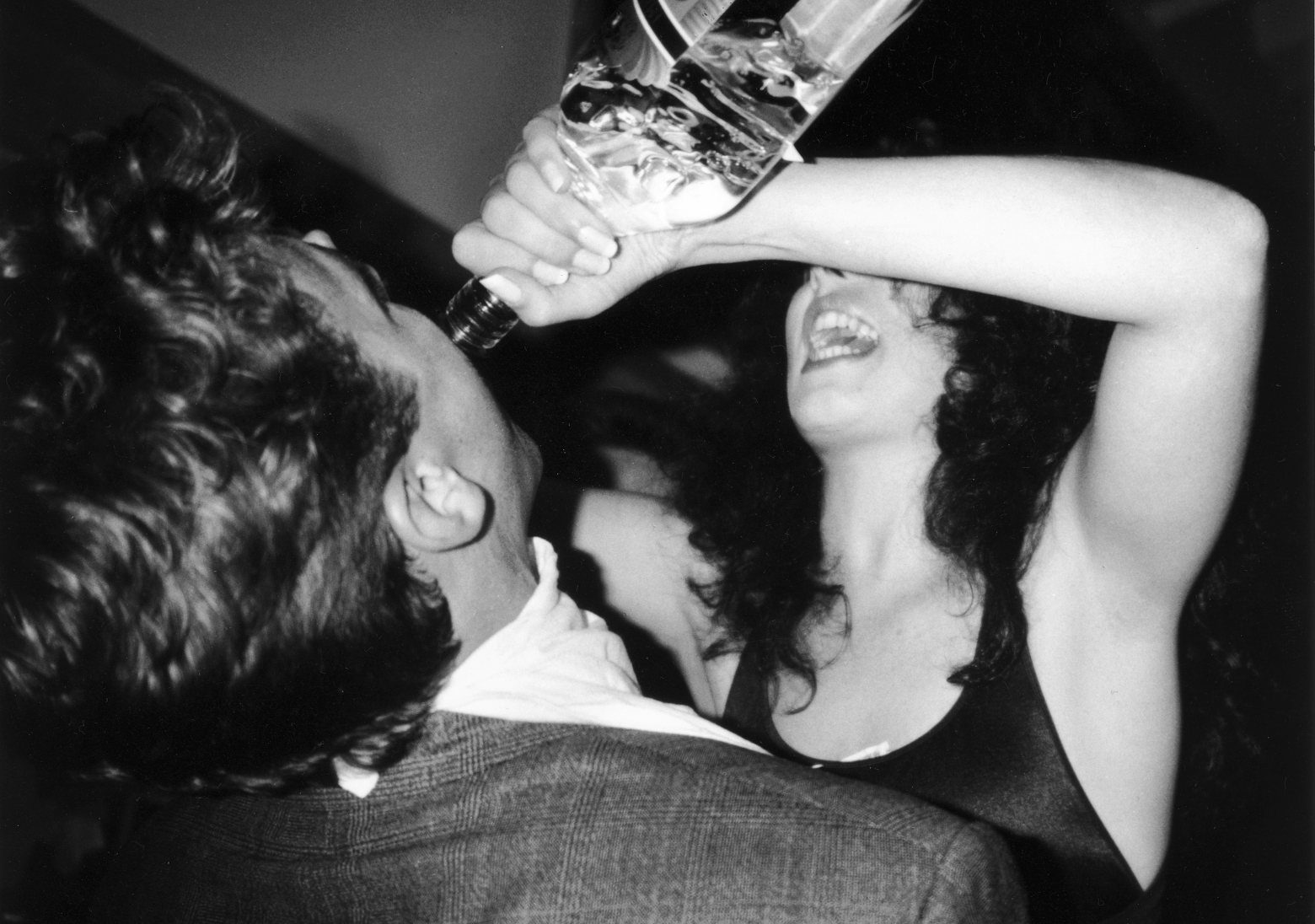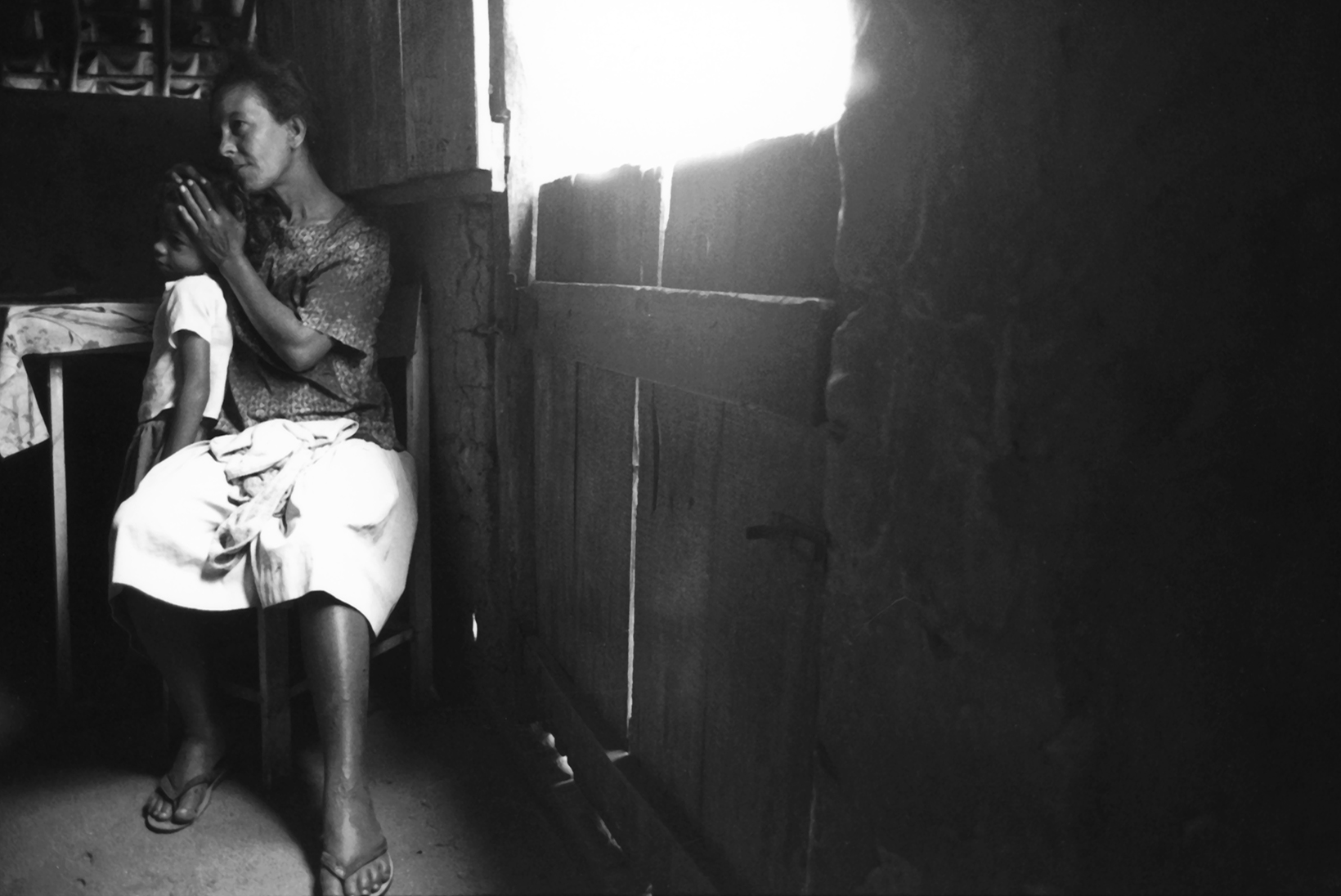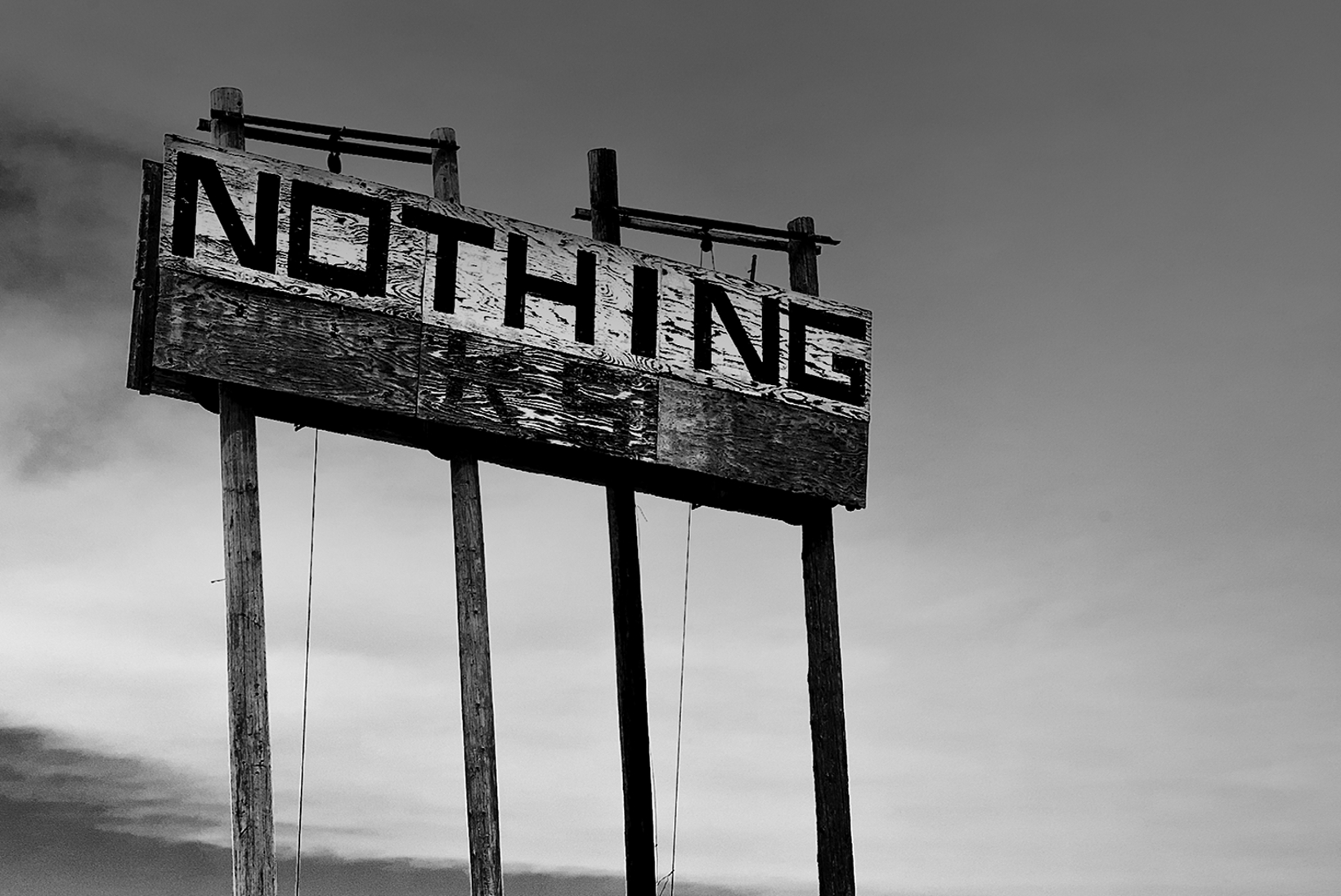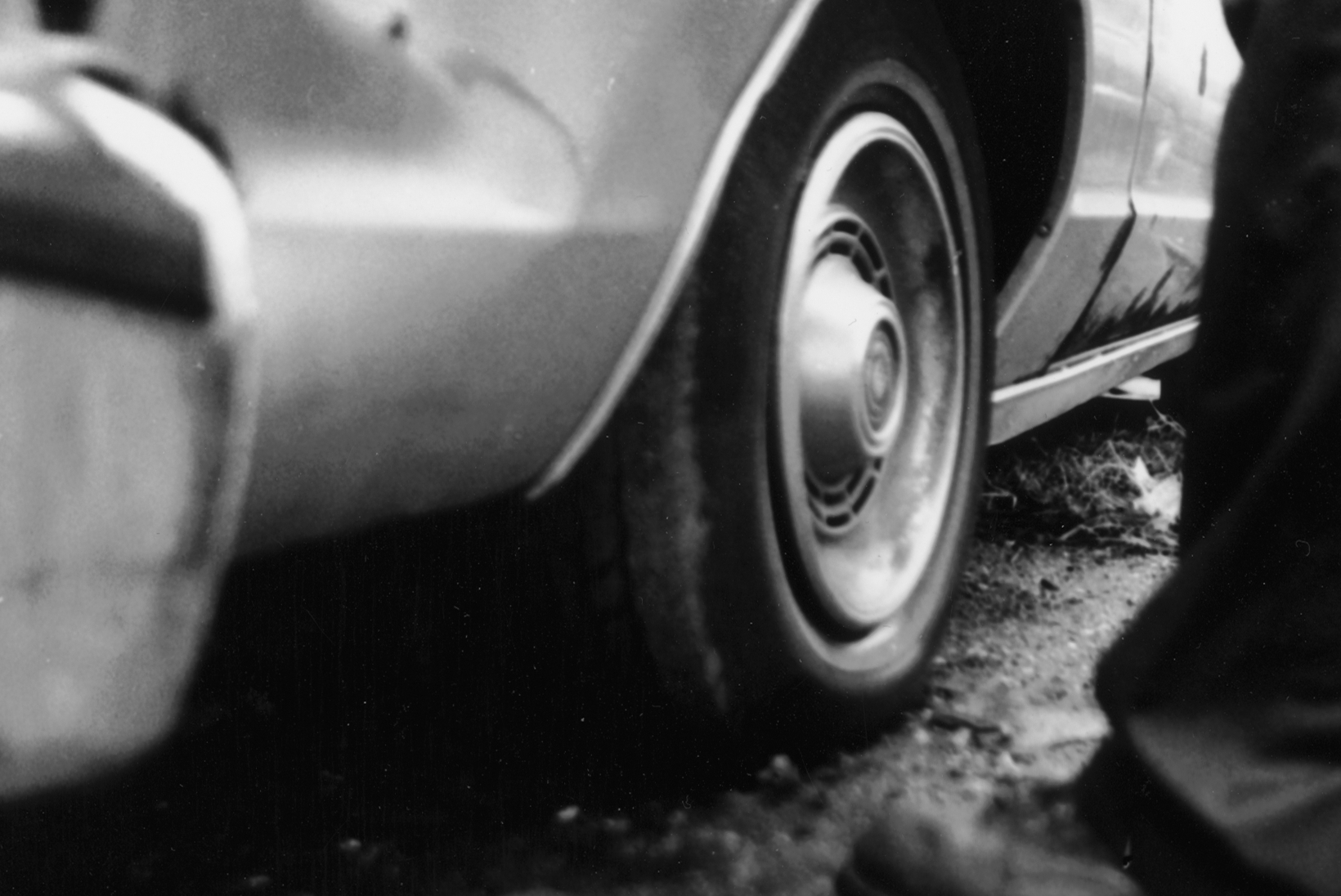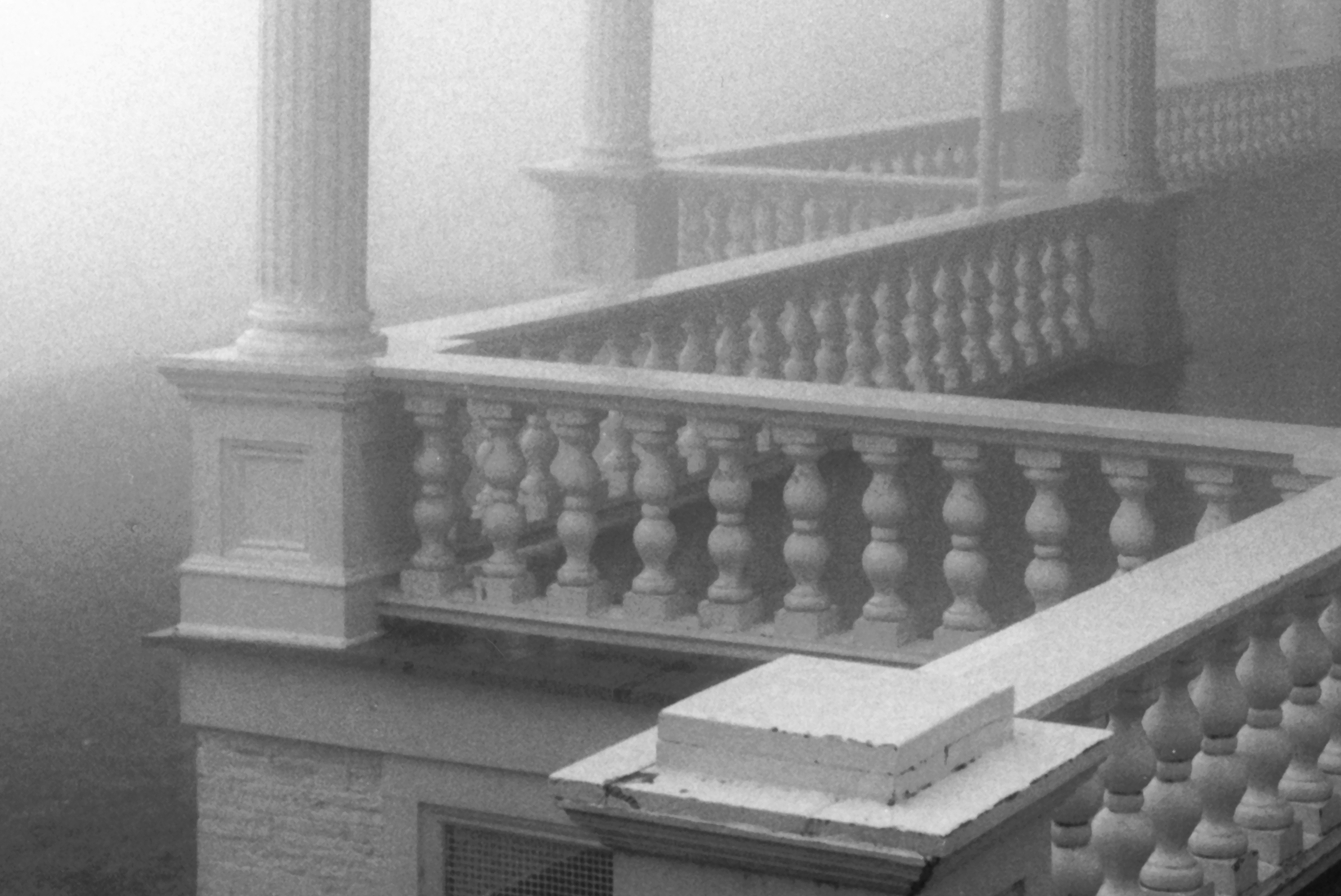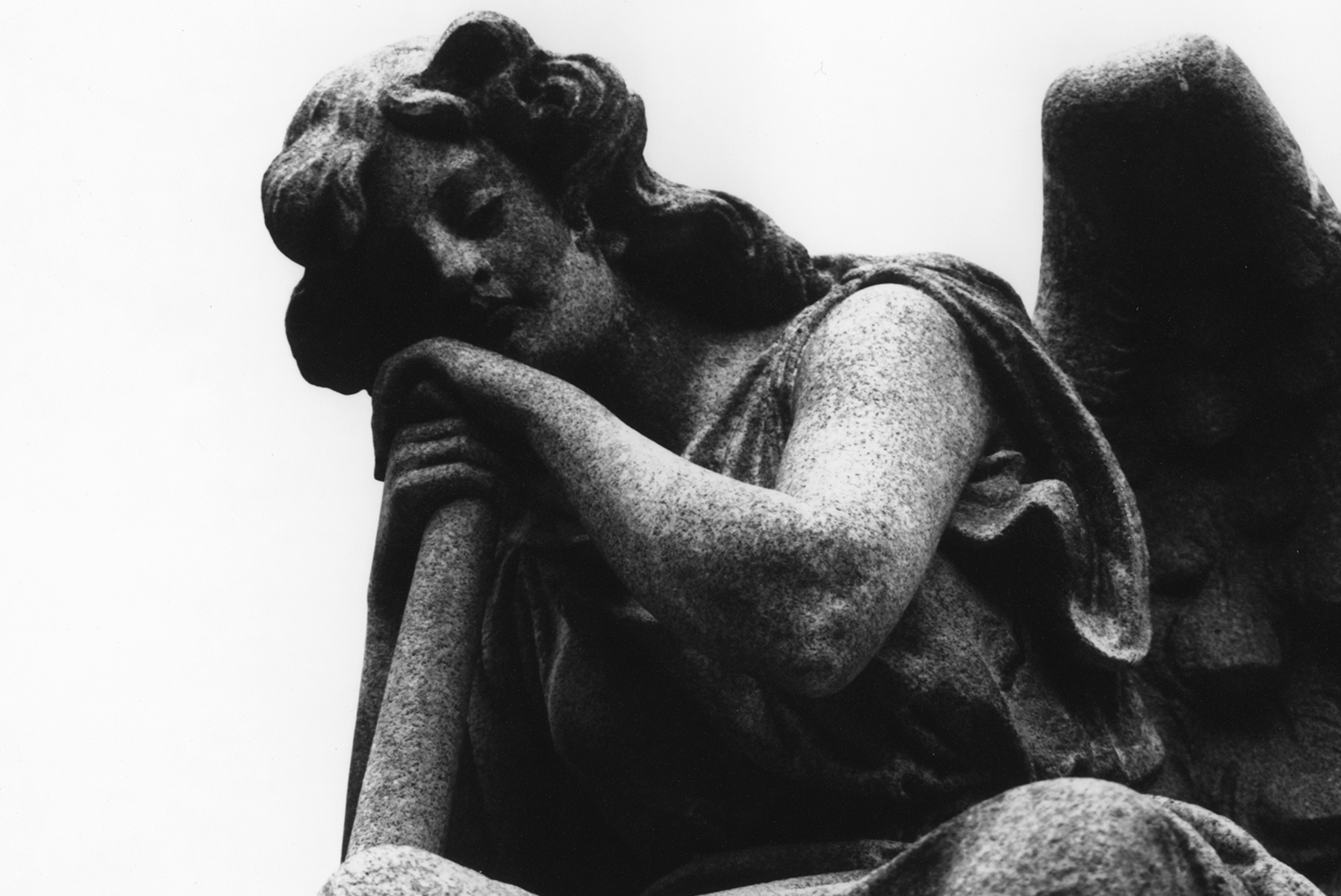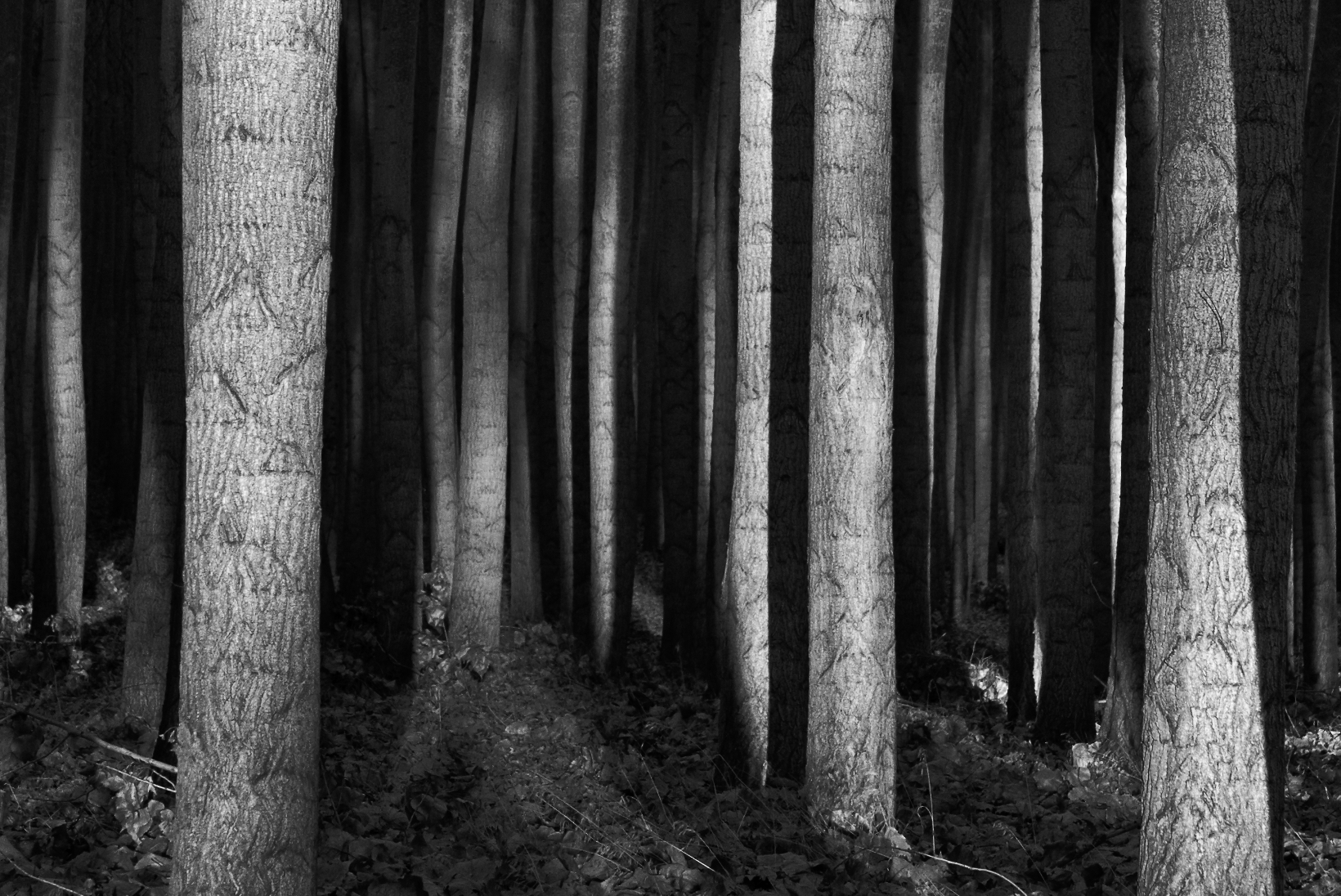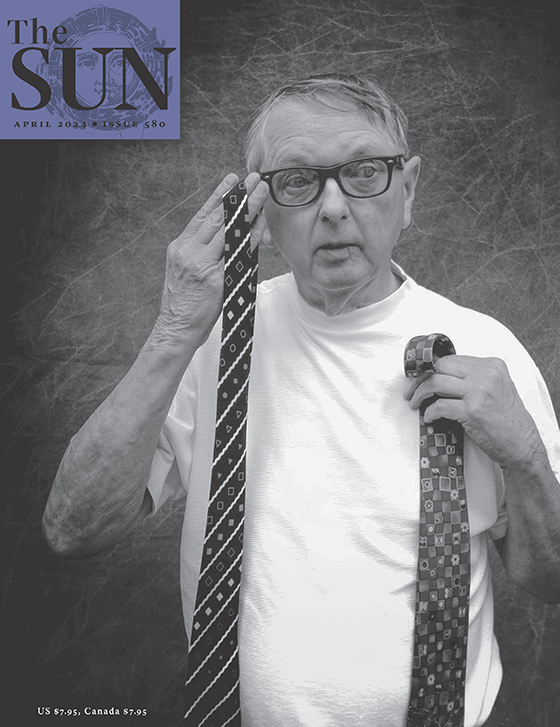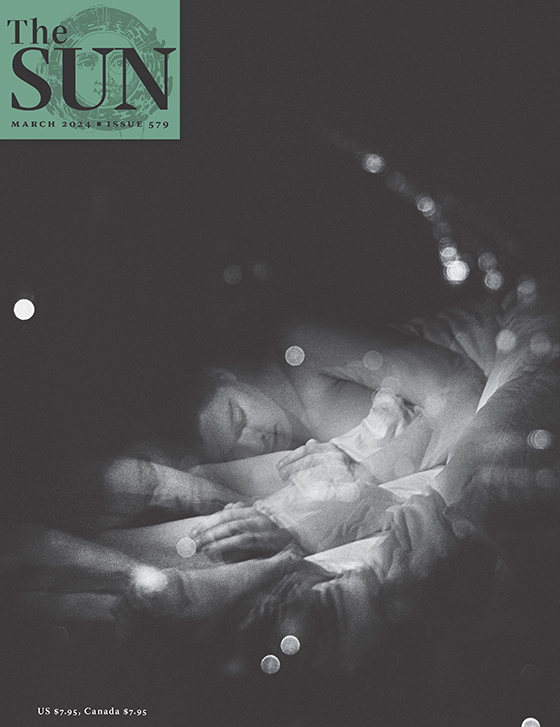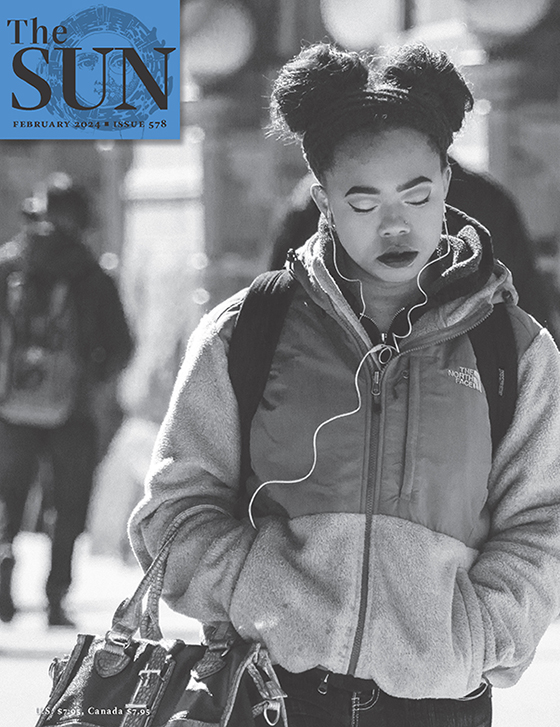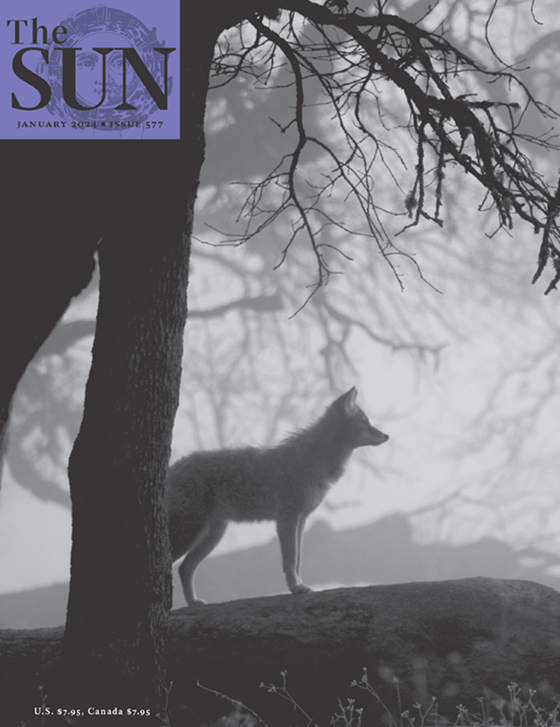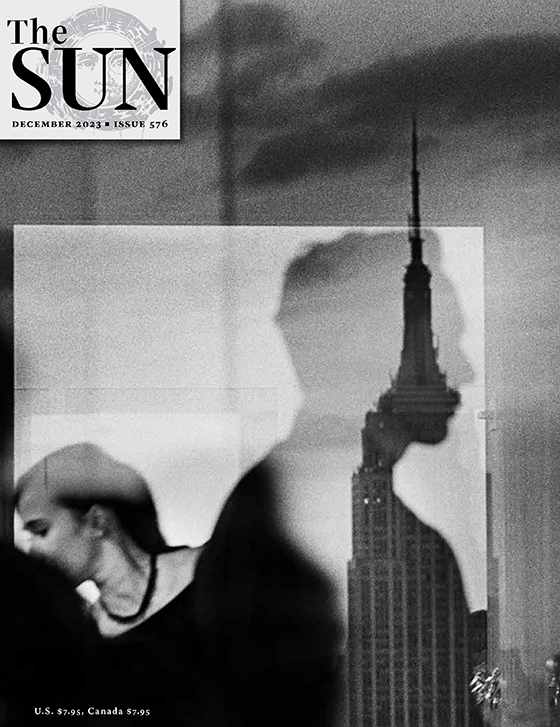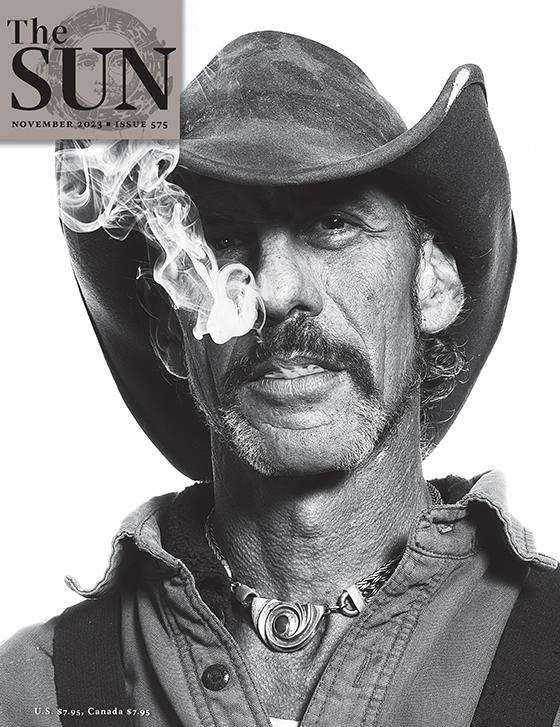February 2012
Warning Signs
An identity thief, a flat tire on the Williamsburg Bridge, a cat named Cinnamon
A Time Of Unexampled Prosperity
Every now and then the world is visited by one of these delusive seasons, when the “credit system,” as it is called, expands to full luxuriance; everybody trusts everybody; a bad debt is a thing unheard of; the broad way to certain and sudden wealth lies plain and open; and men are tempted to dash forward boldly, from the facility of borrowing.
February 2012
I need to cut more pages from my upcoming book, so I’m trying to keep in mind William Faulkner’s advice to writers: “You must kill all your darlings.” No more procrastinating over whether a particular Notebook entry deserves a berth or needs to walk the plank.
Capitalism And Its Discontents
Richard Wolff On What Went Wrong
Now let’s look at the history of the individual income tax. In the 1950s and 1960s the top income-tax bracket for an individual was 91 percent. That means that for every dollar an individual earned over a certain amount — let’s just say one hundred thousand dollars — he or she had to give Uncle Sam ninety-one cents. Even in the 1970s it was still 70 percent. What is the tax rate for the richest Americans today? Thirty-five percent. Think of it: the tax rate for the richest Americans went from 91 percent down to 35 percent. Now, that’s a tax cut the likes of which has never been enjoyed by the vast majority of Americans.
Real Work
My first day was unbearable, much worse than I could have imagined, a textbook lesson in humility. My strength, stamina, and intelligence — in other words, my superiority — ended up not being worth a bent nail. Stepping onto the job site that first day at 6:45 AM, I had no idea what a hod was, even though the word had been embedded in my family lexicon, seared into my unconscious.
Painting The Summer Palace Of The Queen
I invade people’s lives for a living. At dawn I climb ladders to their second-story windows and fiddle with their locks. I place flammable materials in their garages and wake their sleeping dogs. I meet flannel-robed housewives as they hurry their husbands out the door.
No Ears Have Heard
Have compassion for everyone you meet,
even if they don’t want it. What seems conceit,
bad manners, or cynicism is always a sign
of things no ears have heard, no eyes have seen.
You do not know what wars are going on
down there where the spirit meets the bone.
It Burns
All that fall and into the winter, bulldozers and cranes cleared away the wooded top of Ransom Mountain, knocking down trees and shoveling dirt and rock into dump trucks, leaving behind a flat, barren expanse. Come spring, we were told, the mountain’s top and back would be a landfill that three counties would pay to use, creating jobs in town for the first time since the mines had shut down. But no one I knew thought very much about that.
Lilies At Midnight
The lilies leaning from their vase, opening / their legs, their arms, even their splitting pale-pink torsos / over the kitchen table — / its clutter of bills and crumbs.
Citizens Of A Broken City
She’s shuffling around the lake in flip-flops, / pregnant belly hanging / over the open strings of her sweat pants, / and she’s shouting into her cellphone: / “You just don’t get it!”
Selected Poems
— from “In His Wallet after the Terrorist Bombing” | Three library cards, all tattered — college, city, county. / Driver’s license in which he looks about ten years old. / Grocery-store club membership cards, all bright colors.

